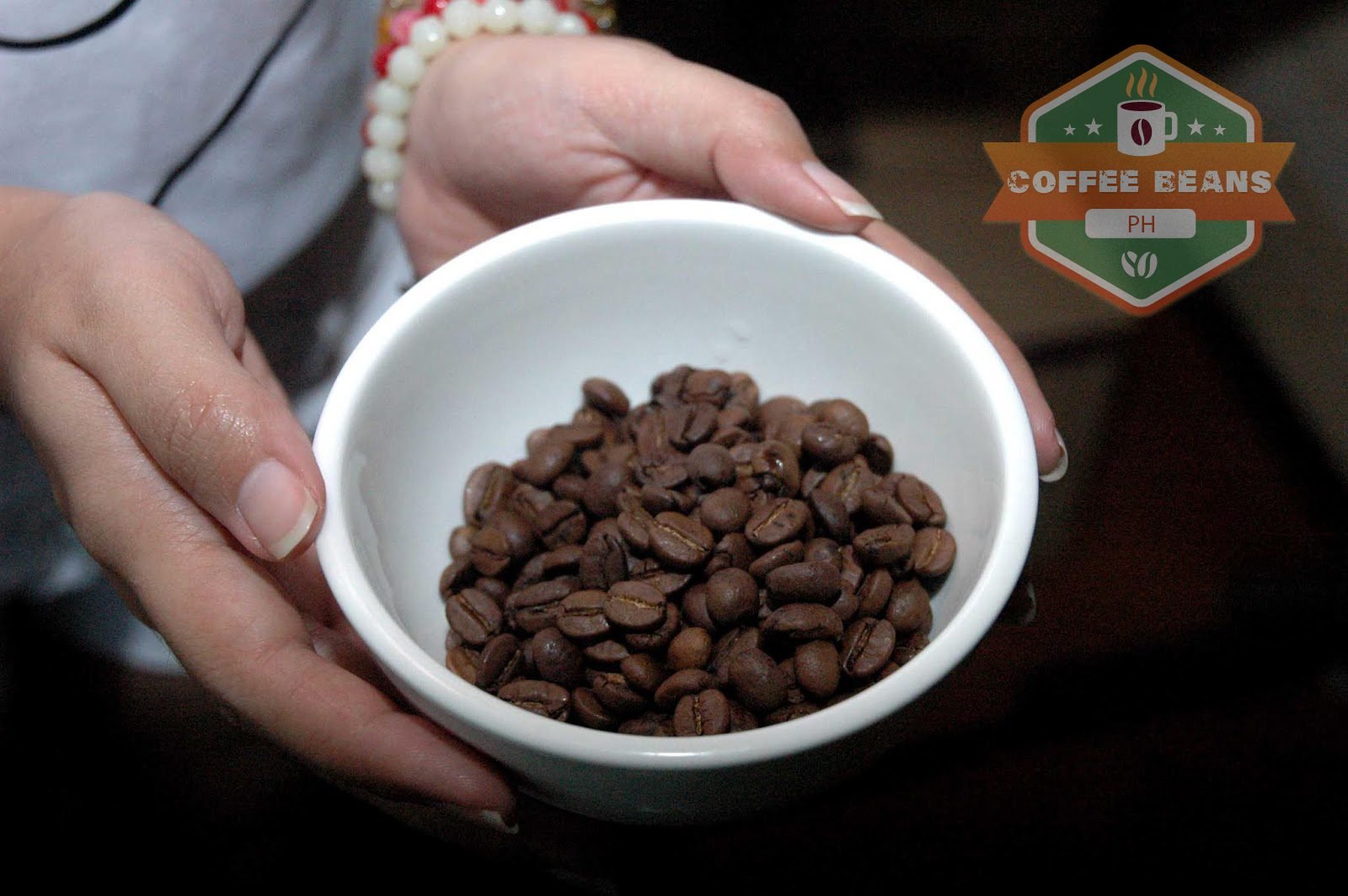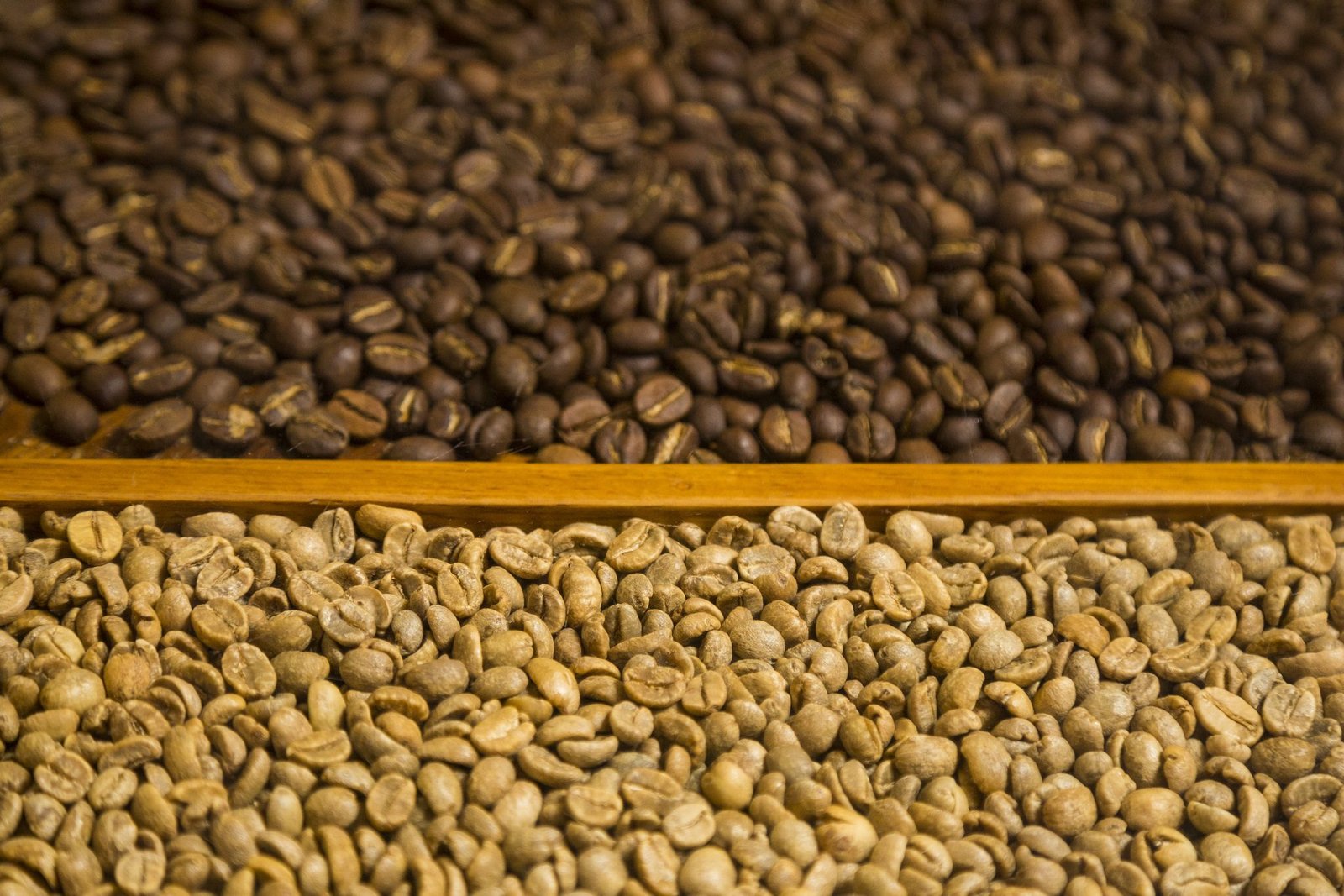
Instant coffee is highly convenient and widely consumed worldwide, but if you considered the benefits of freshly brewed coffee more carefully, wouldn’t you make the switch?
How is Instant Coffee Made?
First let’s review how instant coffee is made.
Instant coffee is an already-brewed coffee stripped of moisture and water. In another blog post, we briefly discussed the farm-to-cup process of harvesting, processing, and roasting coffee. Production of coffee around the world is pretty much the same, up to drying and sorting green coffee beans.
Instant coffee manufacturers then roast, grind and brew the coffee in large vats filled with water heated up to 175°C (347°F) to extract the coffee and its flavors. After brewing, water, and moisture are removed, either by freeze drying or spray drying the coffee – until it is reduced to even, round granules.
These granules of instant coffee are then bottled, foil packed, or packaged into single-serve sachets, usually as 2g sachets with pure coffee granules or as 15-20g three-in-one packets with non-dairy creamer and granulated white sugar.
To drink instant coffee, all you need is a cup of hot water to reconstitute all flavors in the packet.
Instant coffee aims for consistency in flavor and aroma and is packed to preserve freshness until its expiration date. Novelty variants are usually sold as single sachet products, with added ingredients like cocoa to make mocha, or flavored scents, like hazelnut or vanilla.
Convenience and Consistency
Consistency has its merits. You’ll recognize the aroma of the world’s most popular instant coffees in an instant – which is what it was meant to do. But instant coffee has been treated and processed in a particular manner to achieve this consistency.
Instant coffee is made using soft water to temper any strong, bitter, or earthy flavors – and to make flavors as even as possible. After it has been brewed and dried, aroma compounds are sprayed over the instant coffee to give it a signature scent, making the coffee instantly recognizable. Finally, additives and preservatives are added to lengthen the shelf-life of instant coffee.
Convenience and shelf life are instant coffee’s most important benefits. Even as time passes, you’ll always know exactly what kind of flavor you will get.
The Virtues of Freshly Brewed Coffee
Instant, soluble coffee is convenient for people on-the-go. Many people drink it in Asia, the US, and in European countries like the United Kingdom.
But consider this:
- You can make your own fresh brew coffee in just a few minutes. Coffee made using a V60 coffee dripper, French press, or AeroPress will take three minutes to complete. It’s about the same as a percolator machine. Even making coffee in a Third Wave style, using a scale and thermometer, will not take you more than 4 minutes from start to finish.
- When you make freshly brewed coffee, you know exactly what’s in it. If it’s Arabica, it’s Arabica; if it’s Liberica or a blend, you know it. You know the flavors you want to get and what kind of quality coffee you buy. That is, if you know the source of your coffee and buy your coffee from sellers you trust.
- The flavor of freshly sourced beans is unique to the batch you’re brewing. That’s the joy of appreciating coffee by origin and choosing beans by roast or flavor profile.
- Food purity. Freshly brewed coffee does not have preservatives and chemical flavors or scents.
Consider, for a moment, if time and convenience were not a factor – but the flavor was. Time isn’t even a factor, as we’ve pointed out since you’re only adding 3 to 5 minutes to your routine.
There are many ways of brewing coffee; you don’t need fancy, expensive coffee gear to make the most of the beans you buy – even in the office. All you need are freshly ground quality coffee beans, a coffee machine or coffee brewing equipment, milk (or creamer), and sugar.
Start your day right with a freshly brewed cup of coffee. It will make all the difference!




